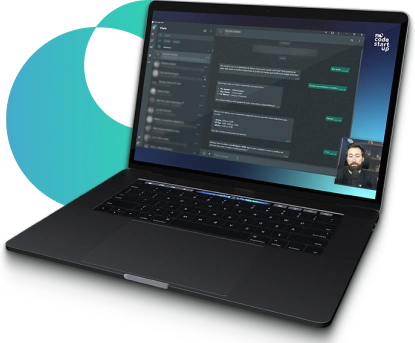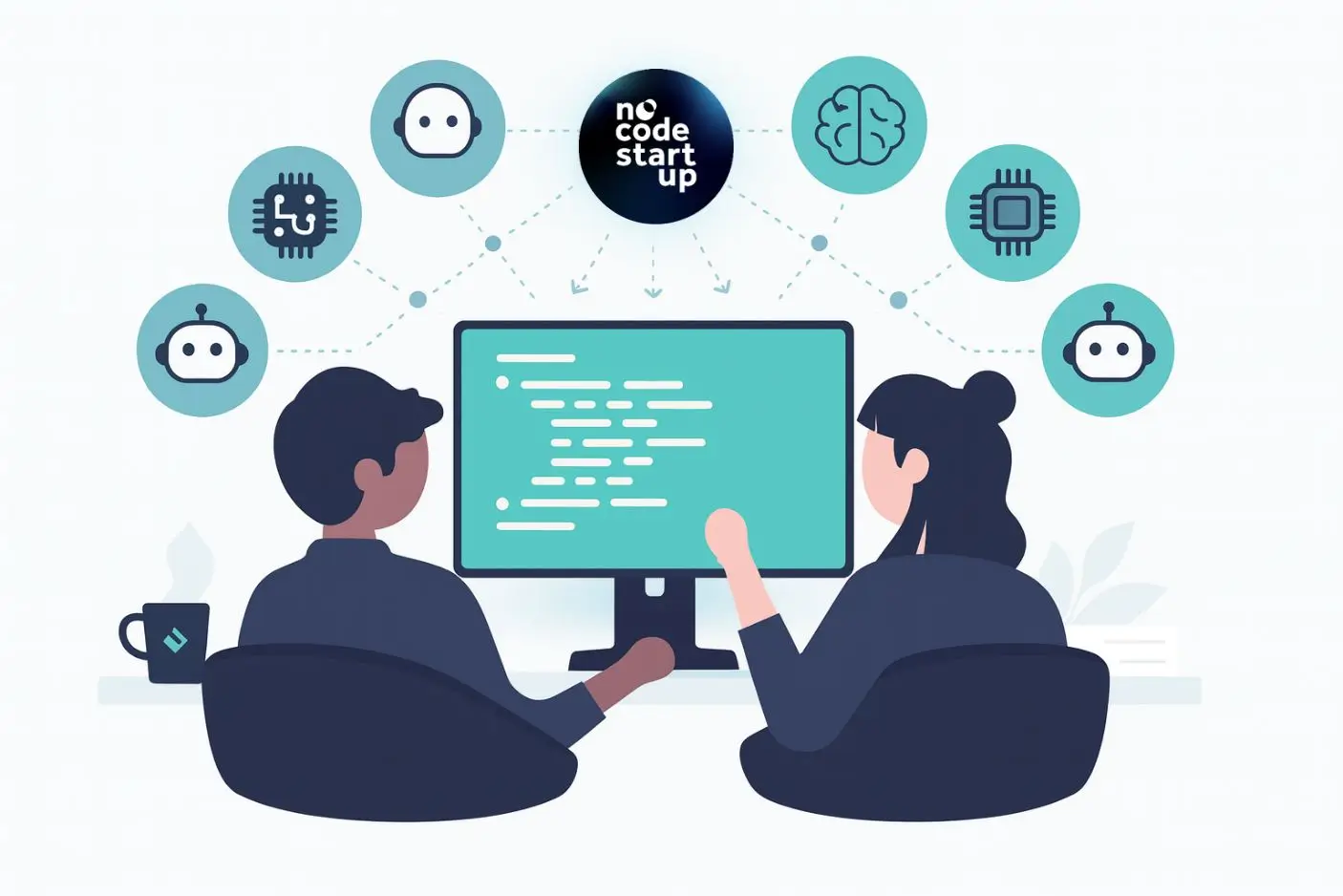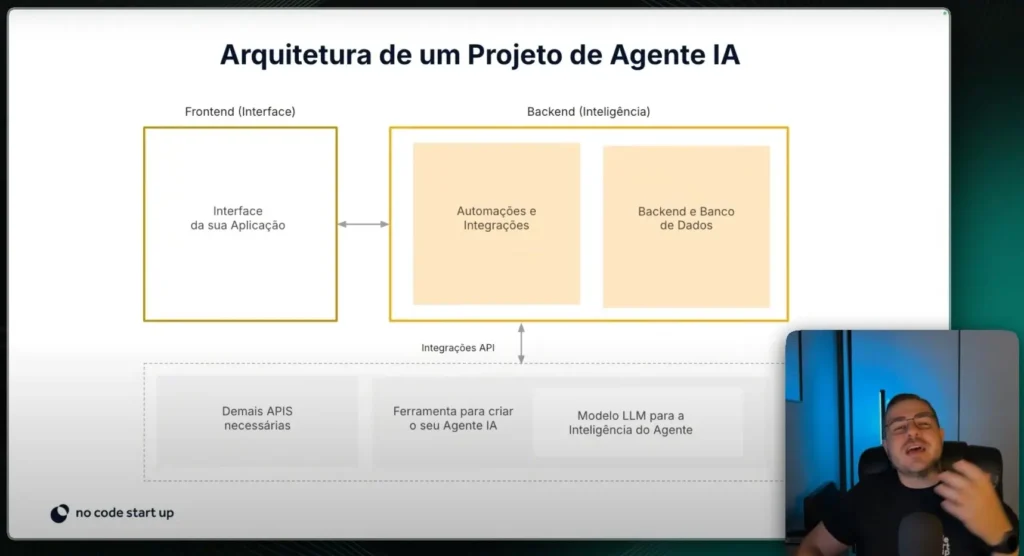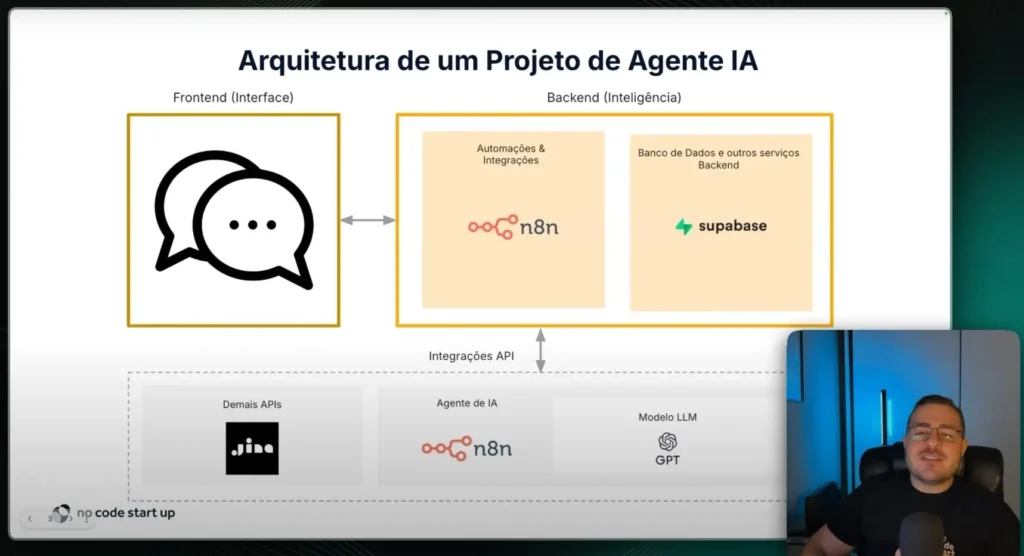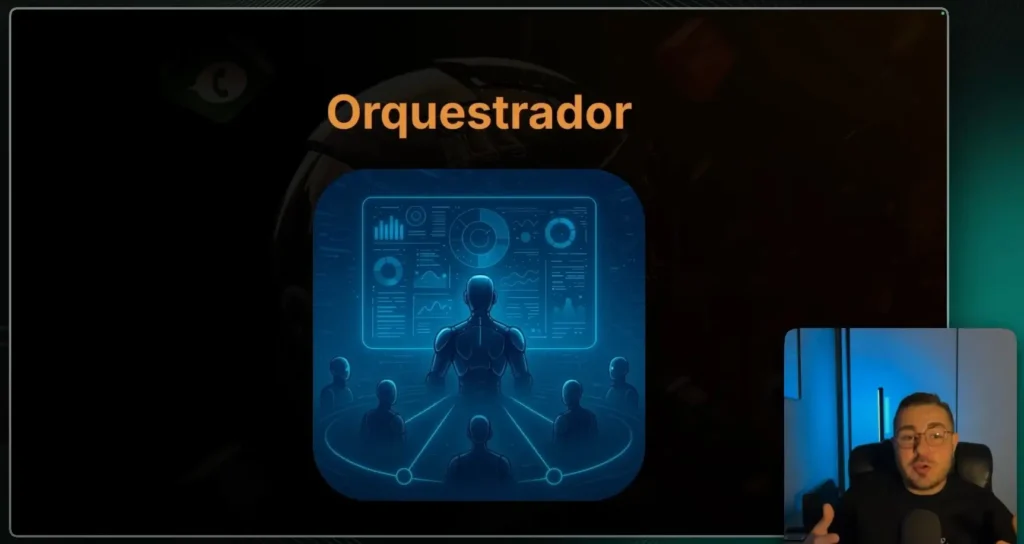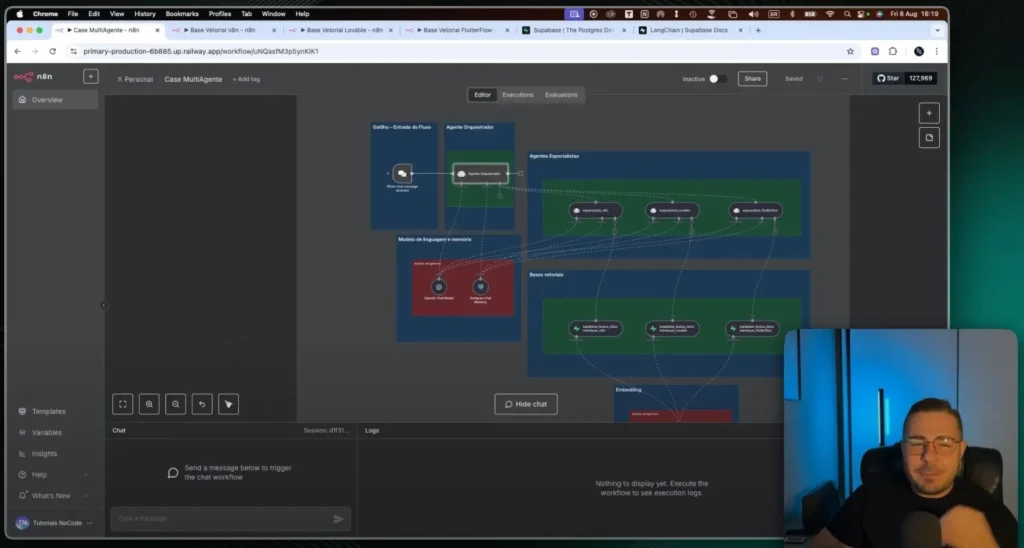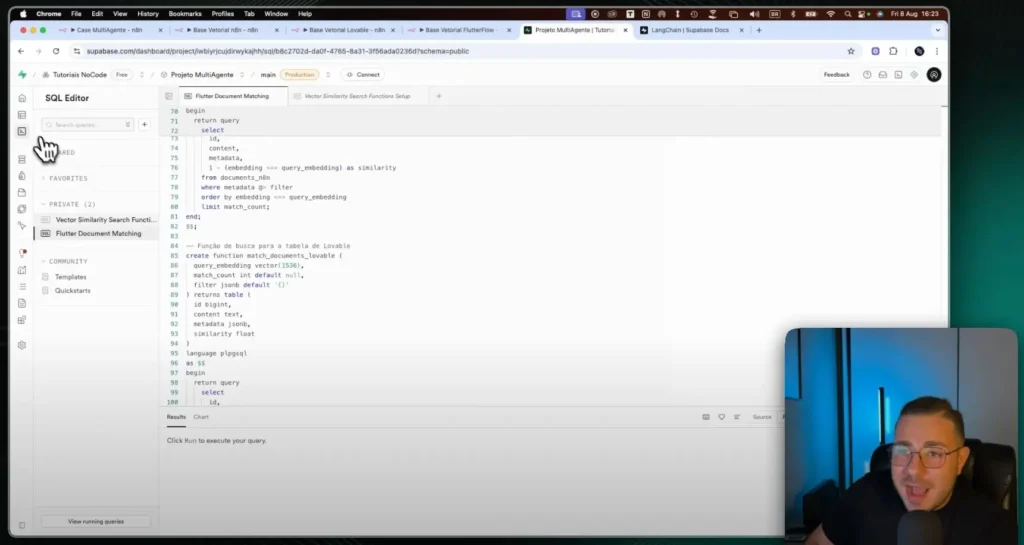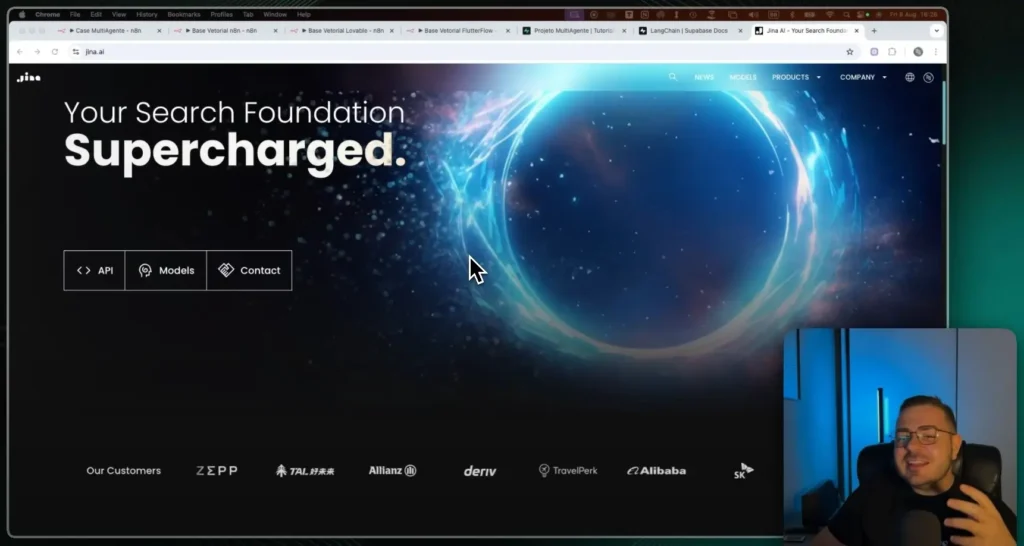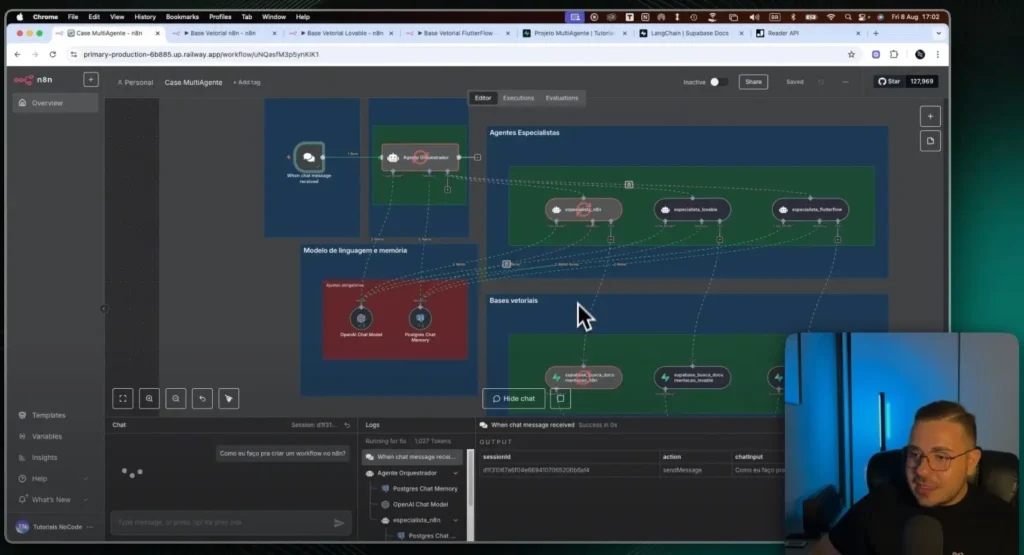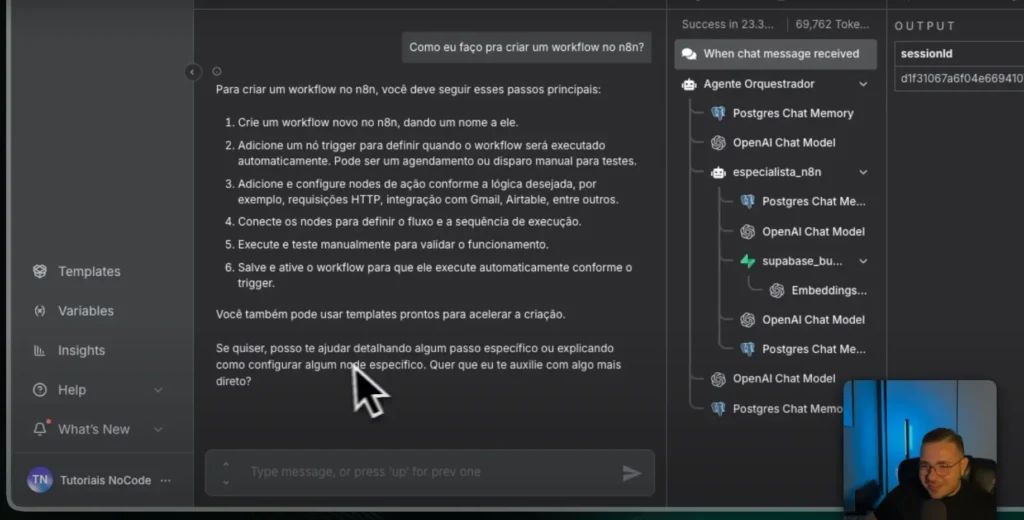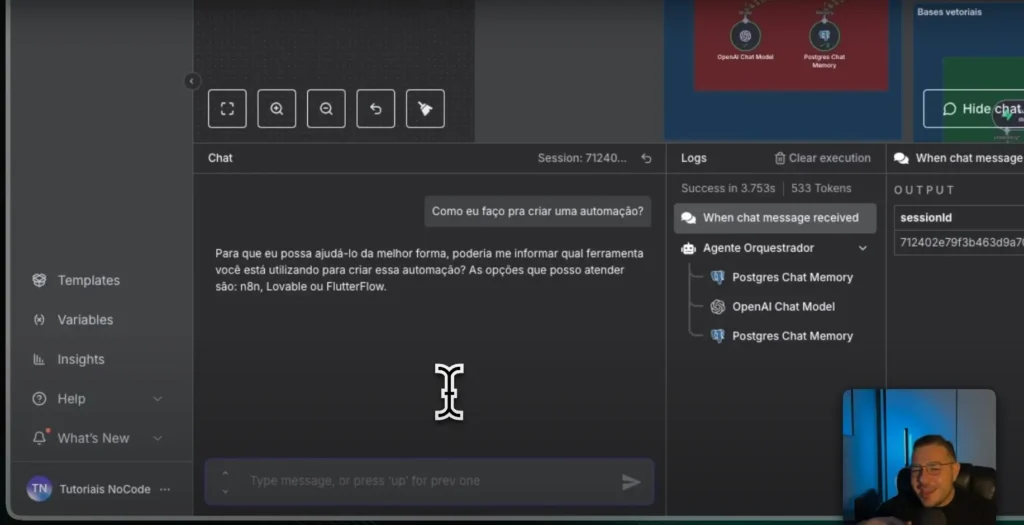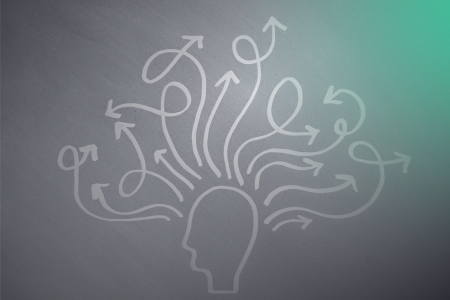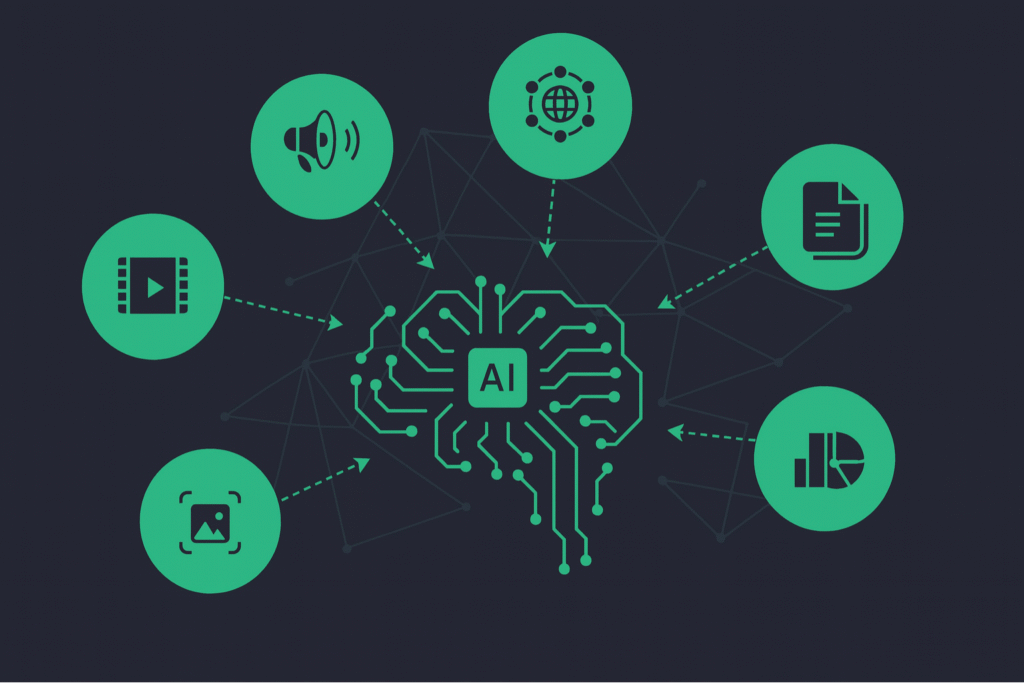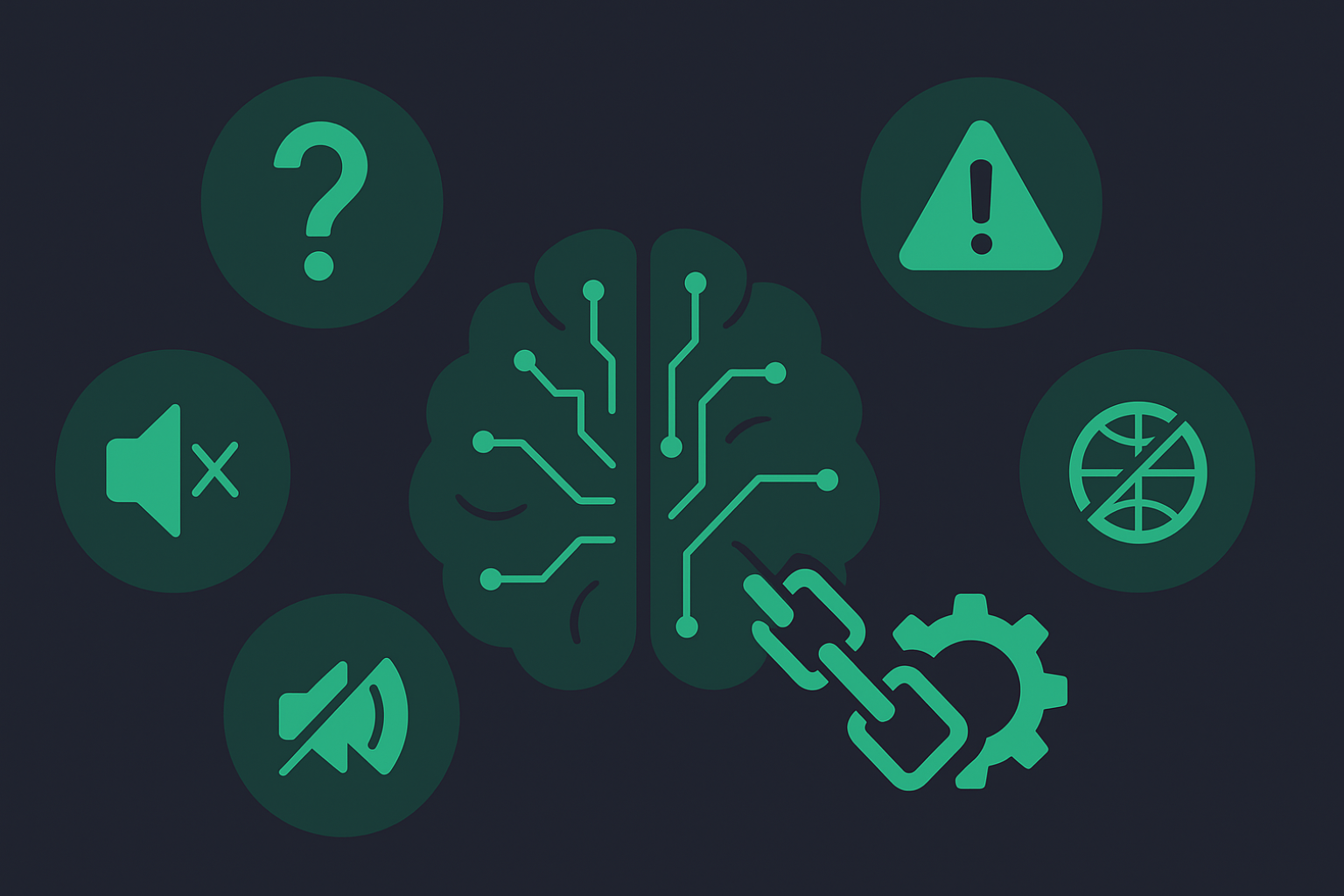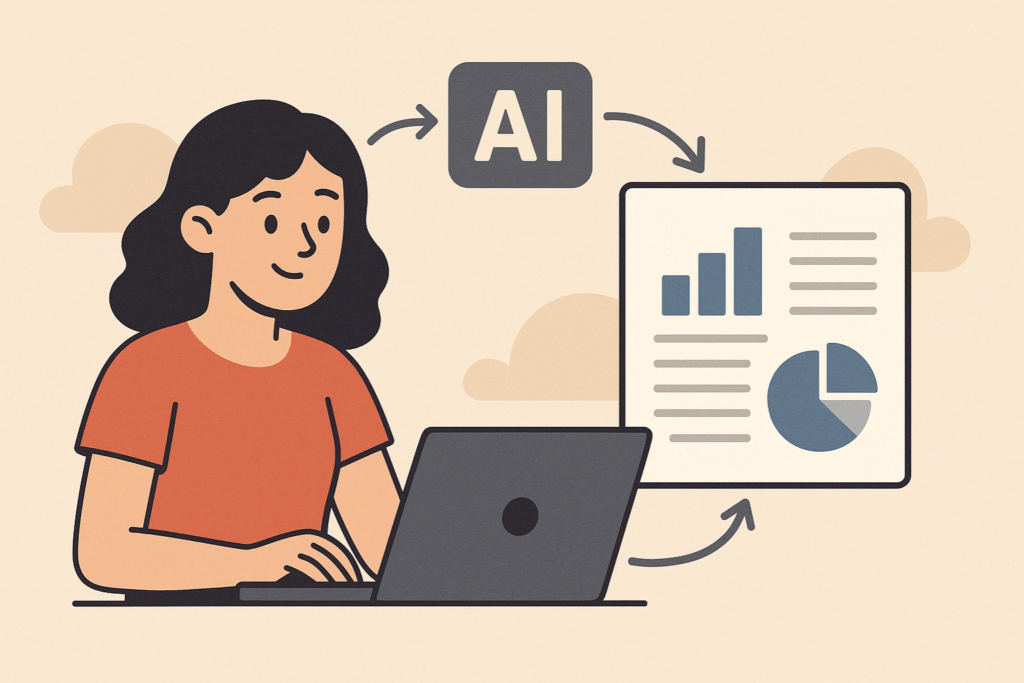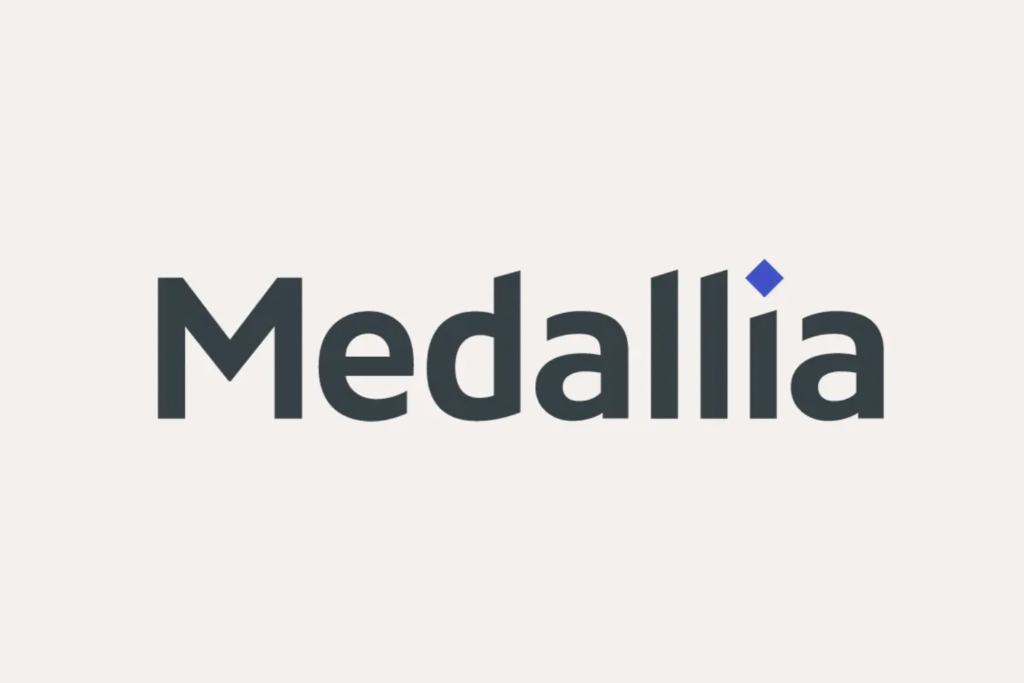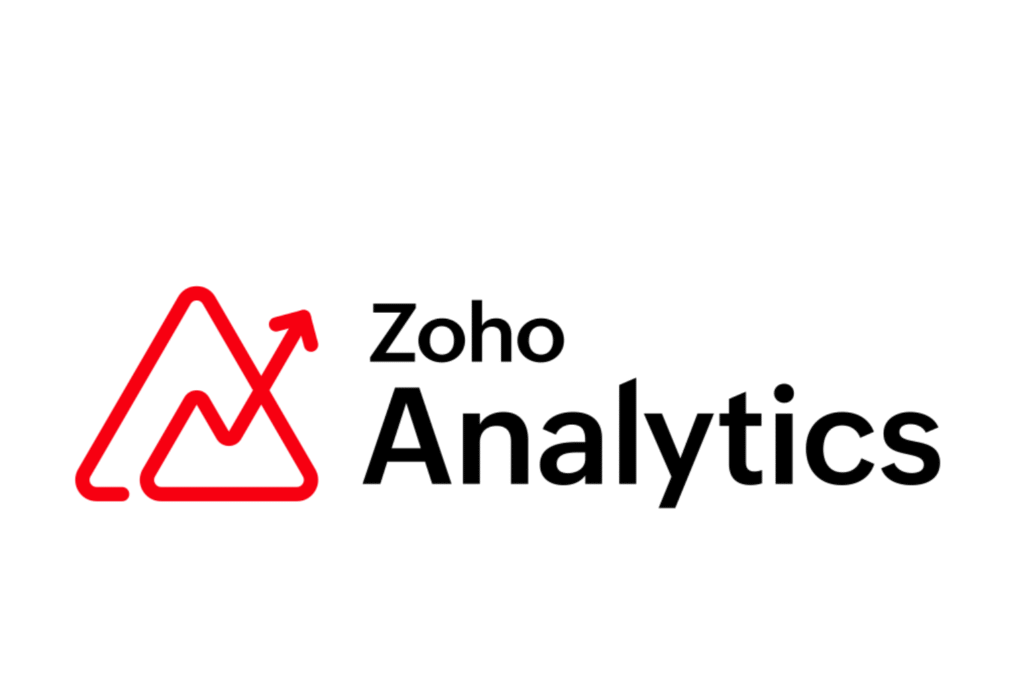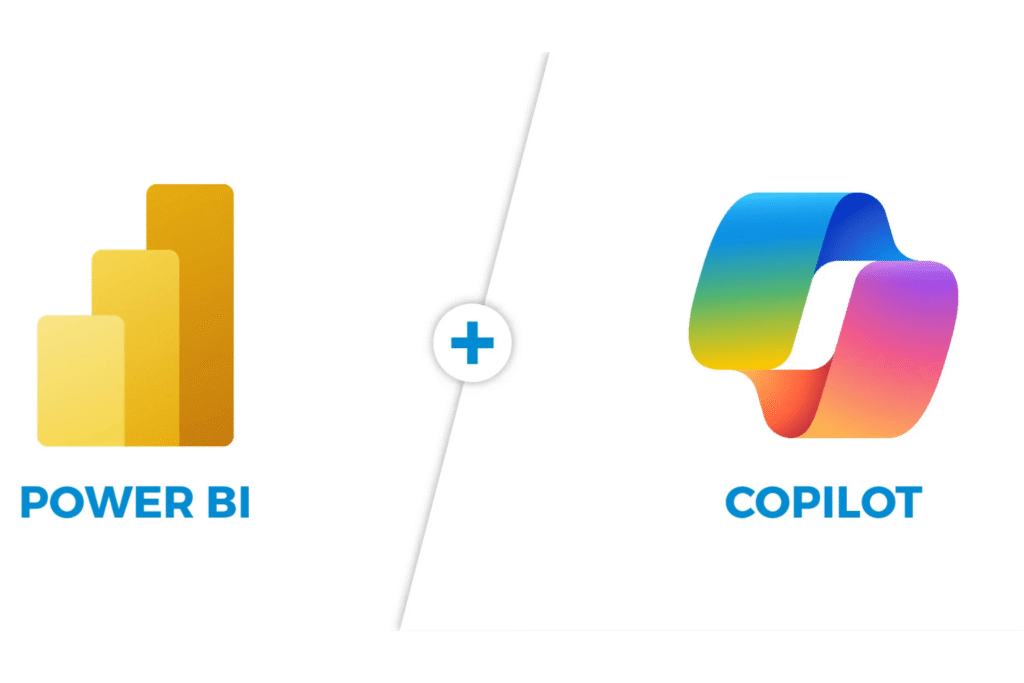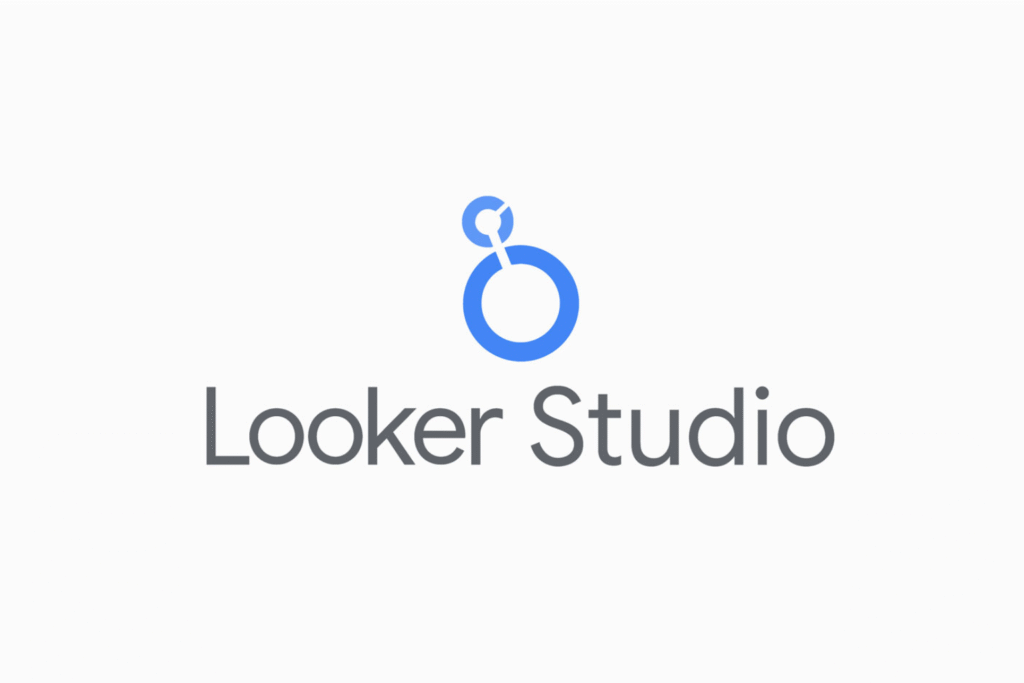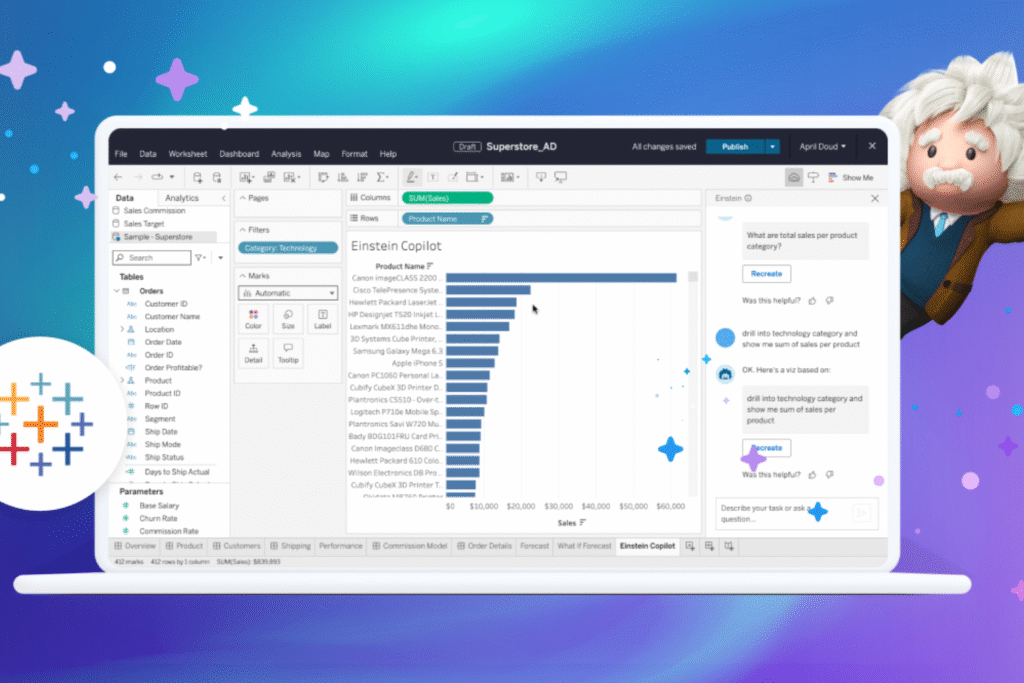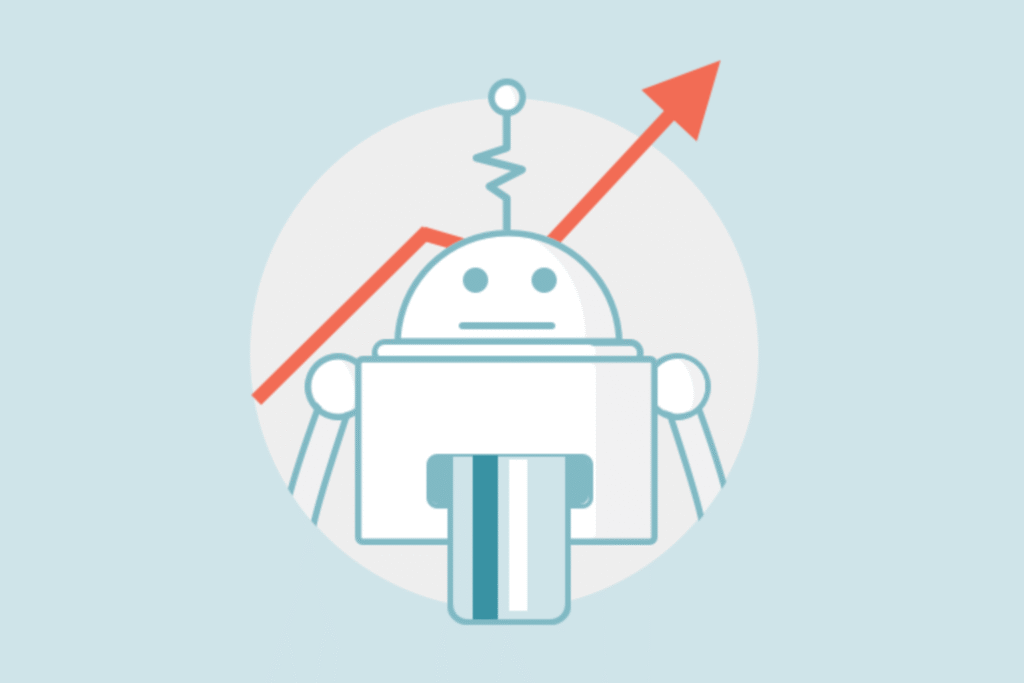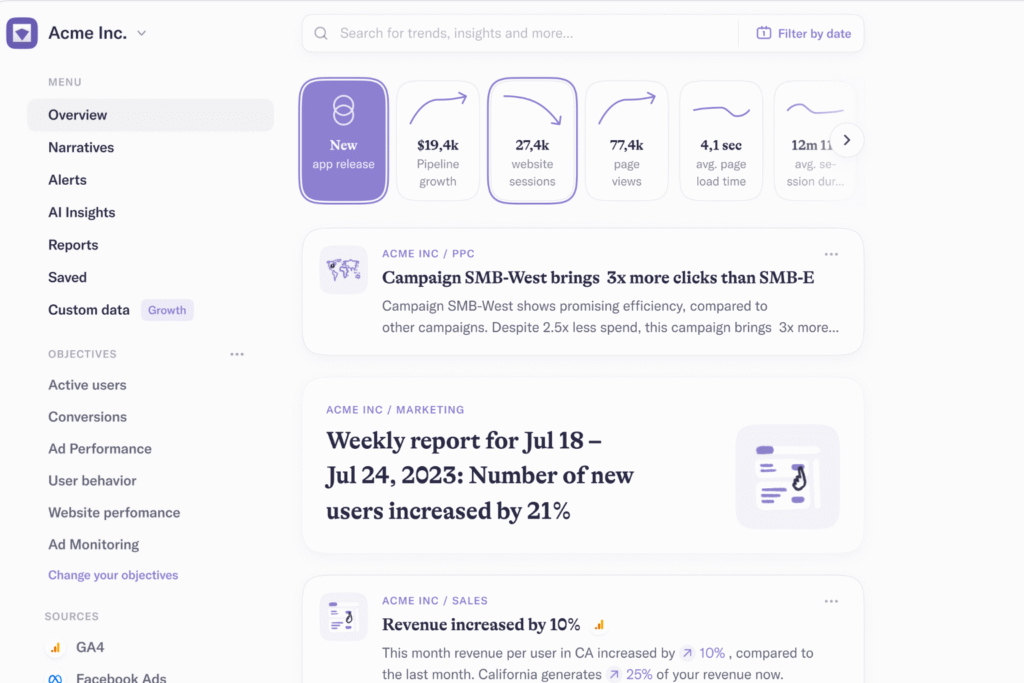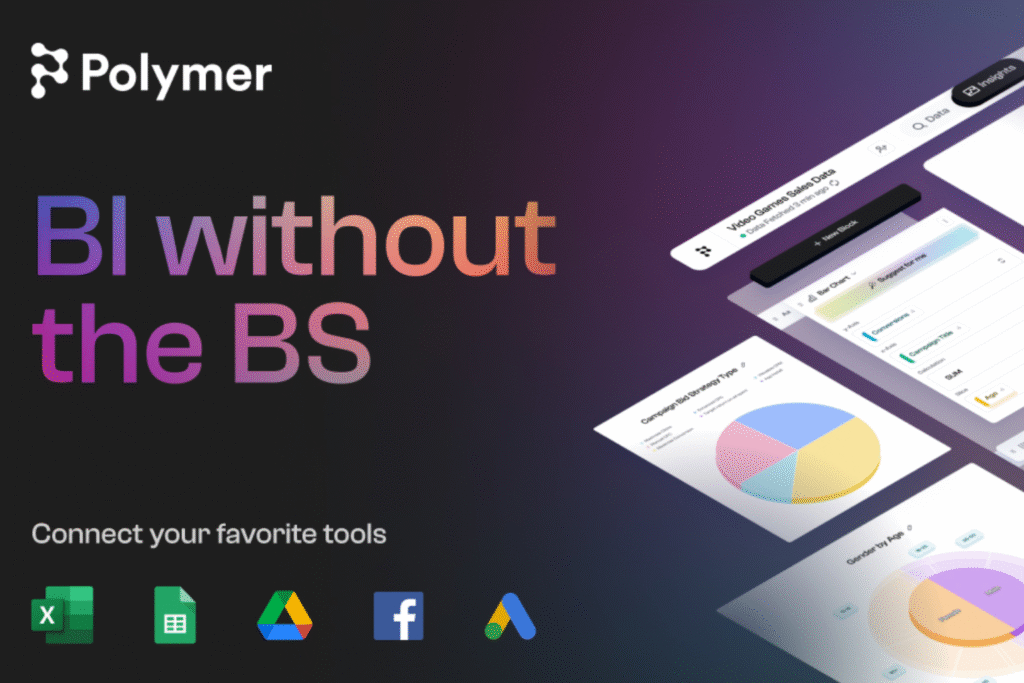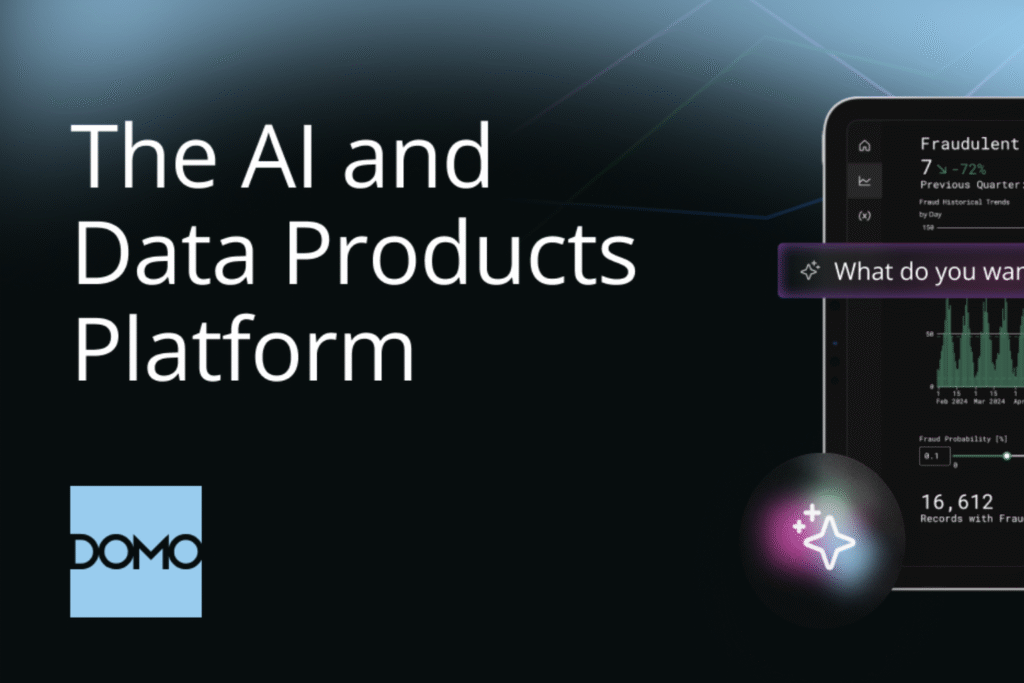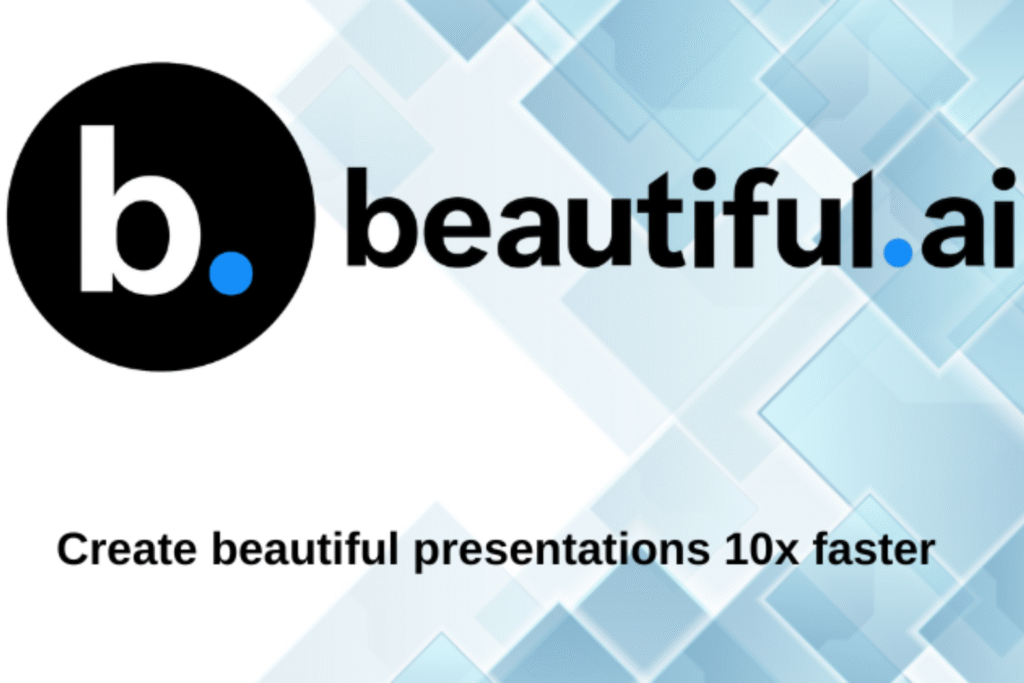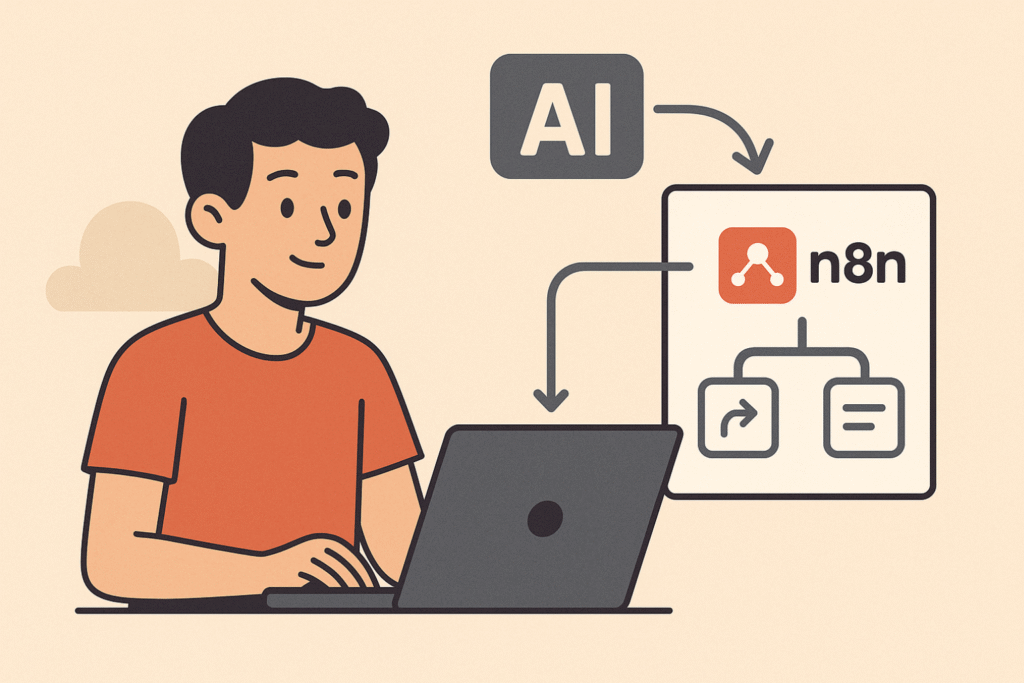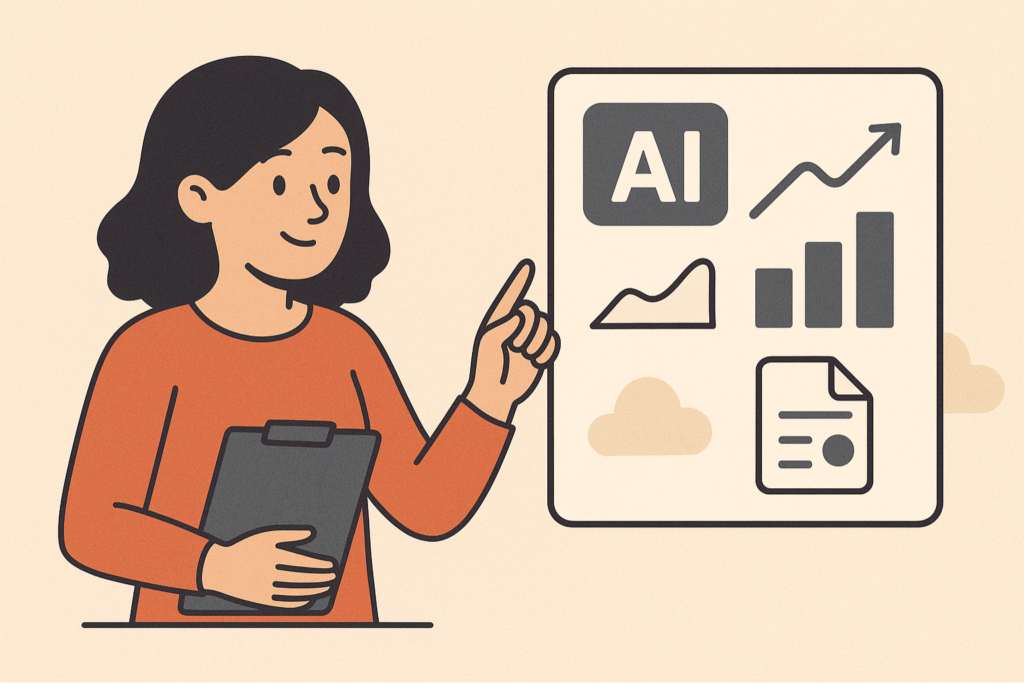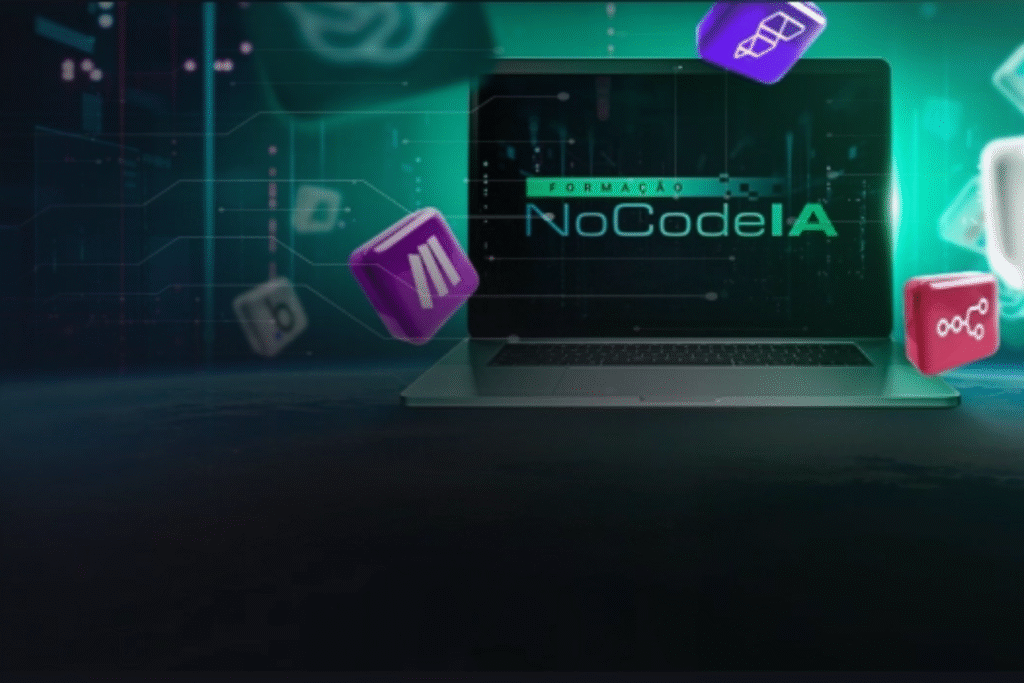The digital revolution has arrived in full force in the classroom — and now, artificial intelligence (AI) is at the center of this movement. With the growing demand for effective solutions, AI for educators has become one of the most promising areas of educational innovation.
Educators who master these tools not only save time, but can also offer more personalized and effective learning experiences. But after all, what is the best AI for teachers? How can it be applied in everyday school life without complications? And most importantly: how does it directly benefit students?
In this article, you’ll discover the key AI technologies, tools, and agents that are transforming the education landscape — plus practical recommendations you can apply right now.
What is AI in education and why should you, as an educator, understand it?
Artificial intelligence in education refers to the use of algorithms and intelligent agents to facilitate, personalize, or automate teaching and learning tasks. This includes everything from creating lesson plans to monitoring student performance in real time.
AI tools enable:
- Reduce time spent on administrative tasks;
- Customize activities according to each student’s profile;
- Create assessments and interactive content automatically;
- Optimize pedagogical planning and classroom management.
Meet the: Agents with OpenAI Course by No Code Start Up
How does AI help teachers in practice?
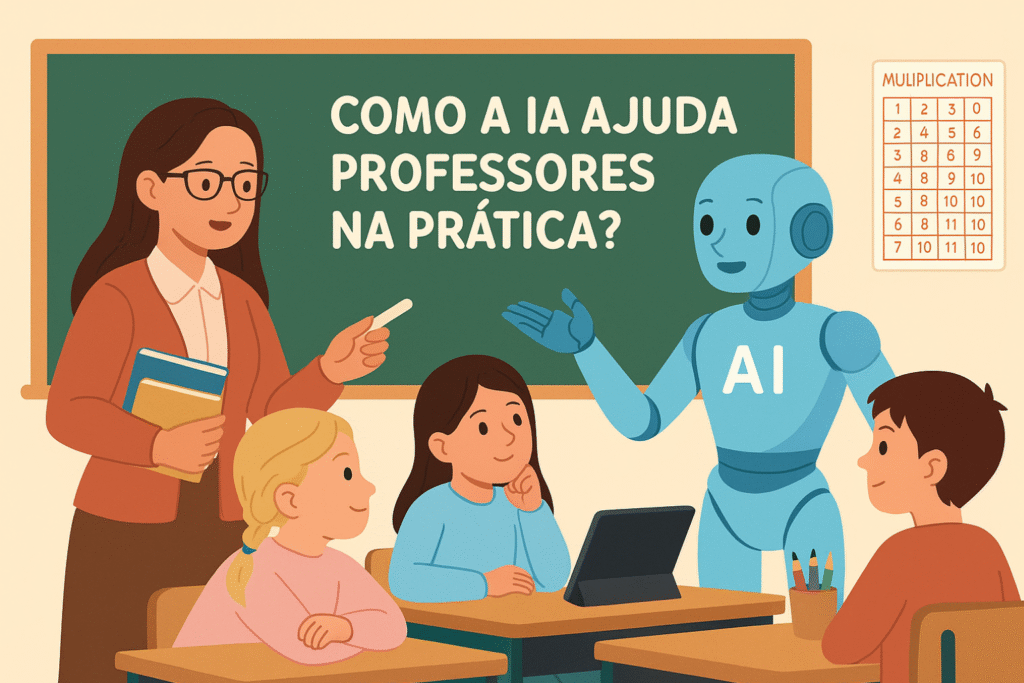
AI helps educators on multiple fronts:
- Lesson planning: Tools like Canva Magic Write and Curipod are transforming the way educators prepare their lessons. Instead of starting from scratch, simply input a topic or objective and these tools generate a complete teaching structure — with an introduction, development, interactive exercises and conclusion.
This allows for more efficient preparation, saving hours of work. In addition, these resources ensure alignment with curricular guidelines, such as the BNCC, and offer visual and methodological suggestions adapted to the class profile.
Personalization is one of the biggest benefits: the teacher can easily adjust the suggestions to the reality of the classroom and the students' learning level. - Content creation: Generative agents such as ChatGPT, Claude and Eduaide.Ai allow teachers to develop a wide range of pedagogical content quickly and efficiently.
With just a few commands, you can generate explanatory texts on any subject, create thematic summaries, build interactive quizzes with automatic feedback and even script visual presentations for use in the classroom or in remote teaching.
- Assessment automation: Correcting and preparing assessments has always required time and attention from teachers — but with the use of AI-based tools, this process becomes much more agile and reliable.
Platforms like Gradescope allow you to upload scanned tests and apply previously defined correction criteria, generating instant results with a high degree of accuracy.
Tools such as ChatGPT can help create essay questions, multiple choice questions or even gamified assessments, based on curricular themes provided by the teacher. - Personalized mentoring: Artificial intelligence enables a much more individualized approach to teaching. By analyzing data on student performance, participation, and behavior, AI tools can identify patterns and learning gaps that would otherwise go unnoticed.
Based on these insights, teachers can provide personalized feedback, propose specific activities for reinforcement, and even adapt the pace and teaching approach according to the needs of each student.
This strengthens the pedagogical bond, increases student engagement and significantly improves academic results — making the learning experience more fair, human and effective.
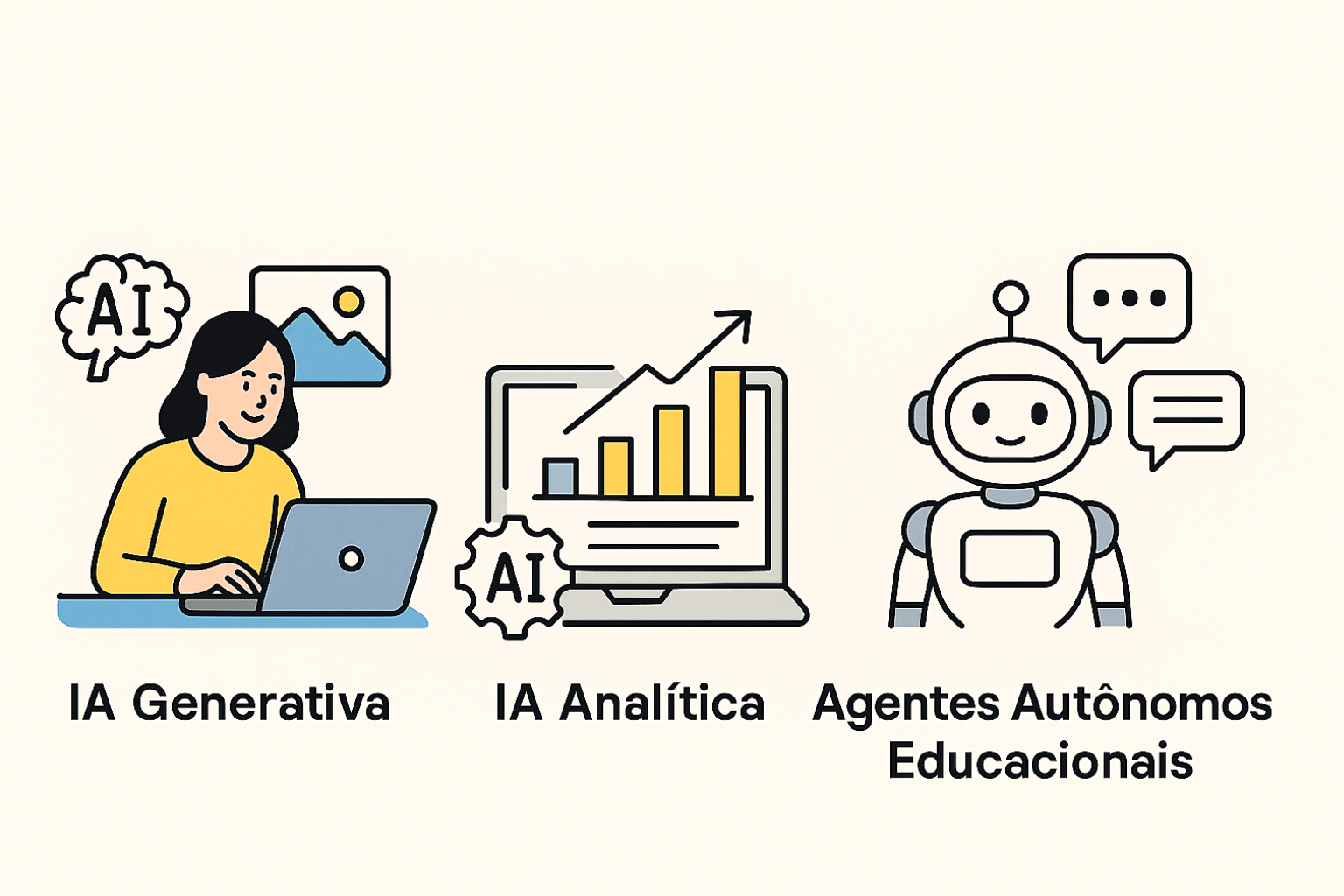
Types of Artificial Intelligence used in Education
Generative AI
Tools like ChatGPT, Claude, and Dify are capable of generating textual and multimodal content (such as images and videos) on demand. They can be used to plan lessons, create teaching materials, or provide alternative explanations for tutoring.
Analytical AI
Solutions like Google Classroom with AI, MagicSchool.ai and ClassDojo monitor student interactions and performance to adapt pedagogical strategies in a personalized way.
Autonomous Educational Agents
Educators can create agents with n8n or Dify to automate tasks like reporting, performance alerts, activity delivery, and more.
AI Agents: The Future of Personalized Education
You Autonomous Agents with AI represent the next level of pedagogical innovation. They are capable of operating continuously and adaptively based on predefined commands and contextual logic.
Usage examples:
- Tutor agent to answer students' questions via WhatsApp or Plurall;
- Evaluation agent to generate reports per student based on performance on educational platforms;
- Content agent who generates new material every week based on the school's curriculum.
Find out more at No Code Start Up AI Agent Manager Training
AI Tools Every Educator Needs to Know
Curipod
O Curipod is a platform that allows you to create interactive classes in just a few minutes with AI support. Teachers can enter a topic and automatically receive a class structure with texts, quizzes, polls, images and other activities. It is ideal for those looking for dynamism and more engaging interactions in the classroom.
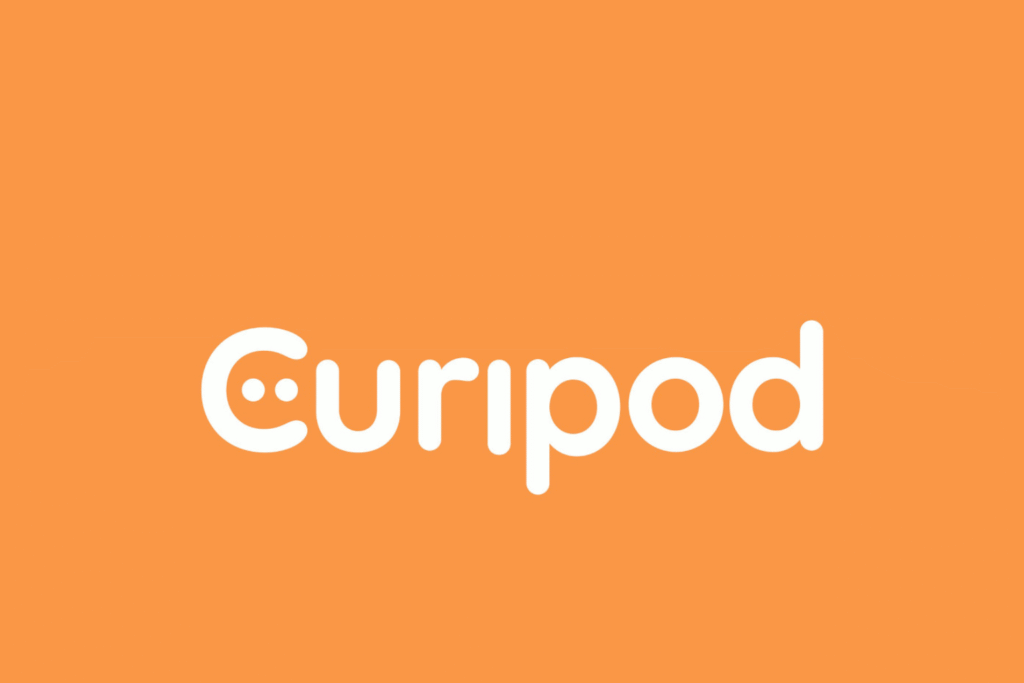
Canva Magic Write
Integrated with Canva, Magic Write is an AI-powered content generator that helps educators create slides, presentations, summaries, and visual materials in record time. Simply input an idea or topic, and the tool suggests cohesive texts that are visually ready for educational use.
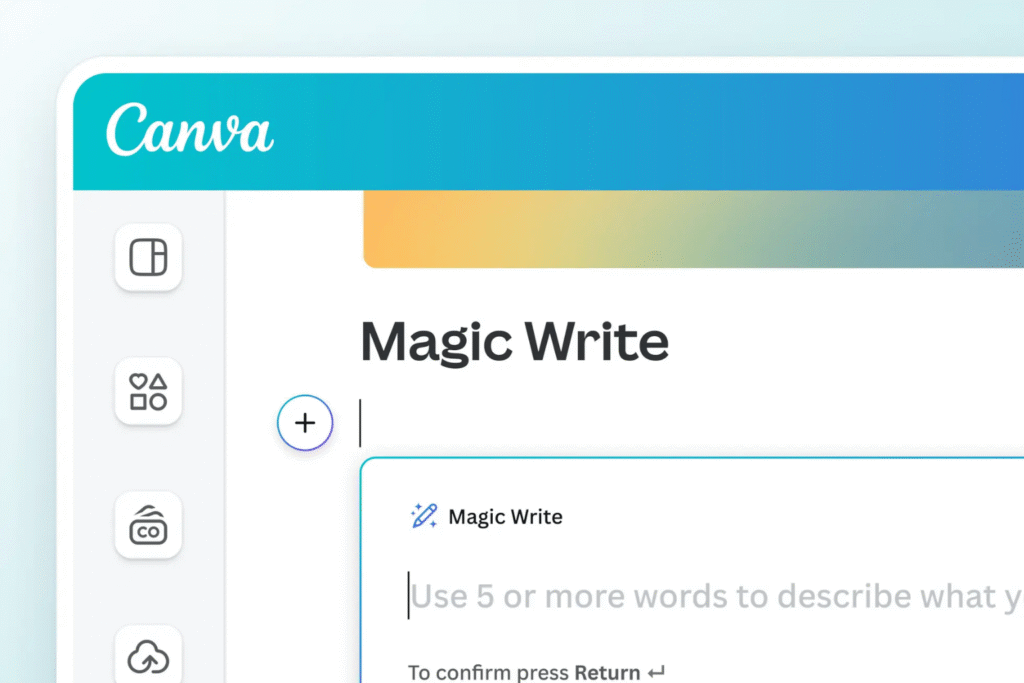
AudioPen
AudioPen automatically converts speech into text, making it ideal for educators who prefer to dictate ideas rather than type. It can be used to create lesson plans, video scripts, educational blog content, and more. It's simple, practical, and fast.
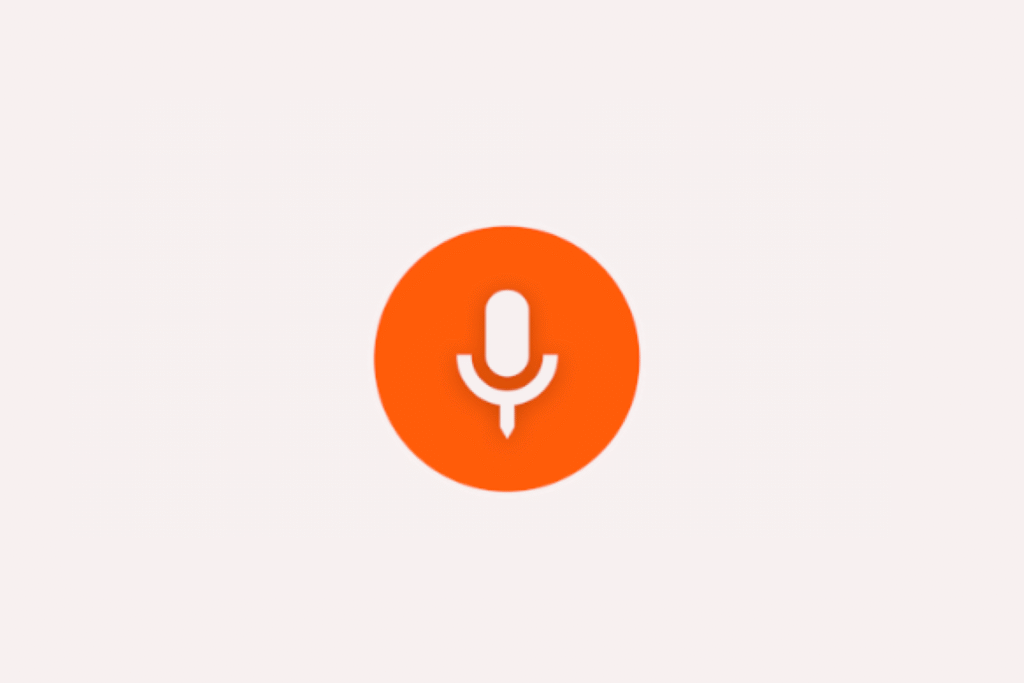
Eduaide.Ai
This tool offers over 100 resources for creating high-quality educational content. From complete lesson plans, study suggestions, personalized feedback to active methodologies — all generated with AI and available in multiple languages. Learn more about Eduardo.AI
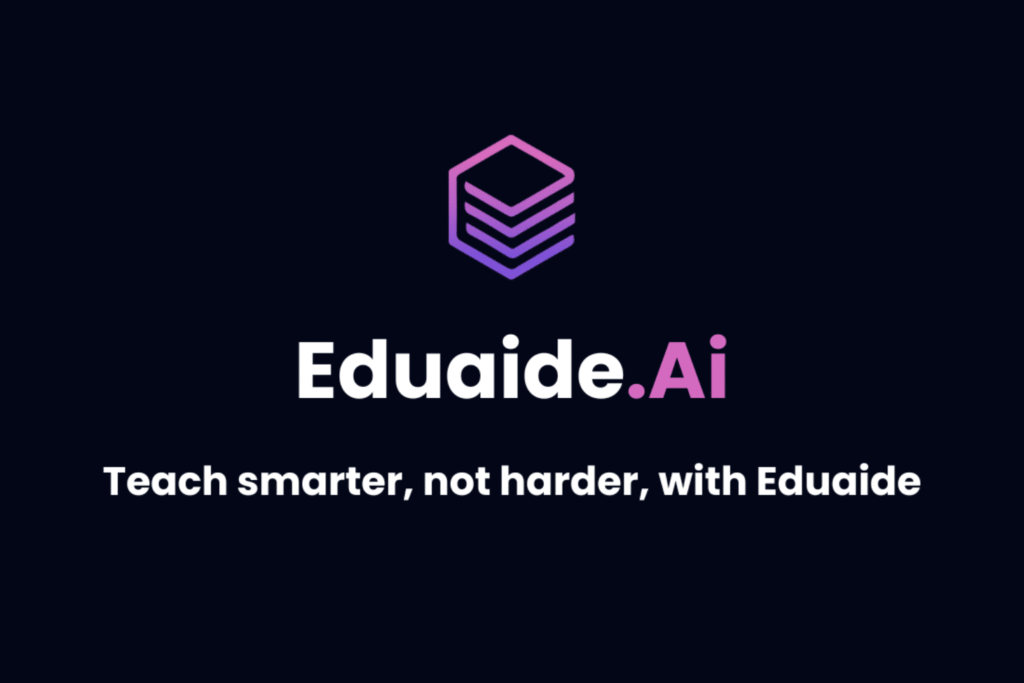
MagicSchool.ai
Platform aimed exclusively at educators, the MagicSchool.ai centralizes the generation of lesson plans, performance reports, quizzes and various content. A true all-in-one dashboard for those who want to increase productivity in pedagogical management.

Copilot for Education (Microsoft)
O Copilot integrates with Microsoft 365, allowing teachers to automate content creation and administrative tasks. From responding to emails to creating presentations with AI, it is a powerful ally to optimize time in and out of the classroom.
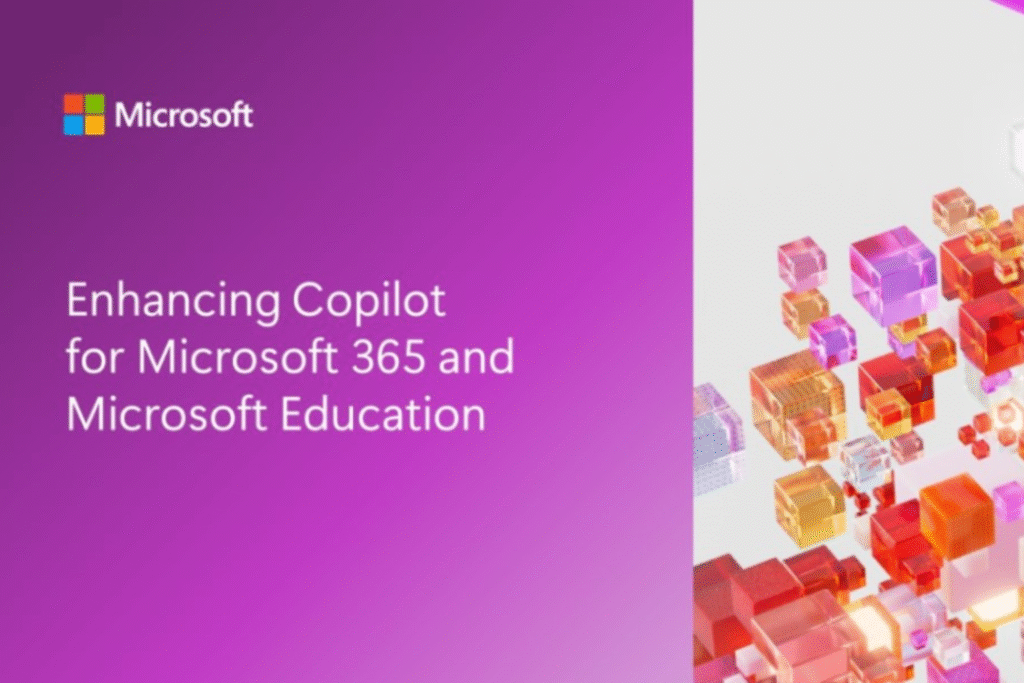
Dify + OpenAI
Ideal for those who want to customize their own educational agents. With Dify, you connect models of the OpenAI into practical workflows — like an agent to review essays, another to grade tests, or even a bot to support students’ parents.
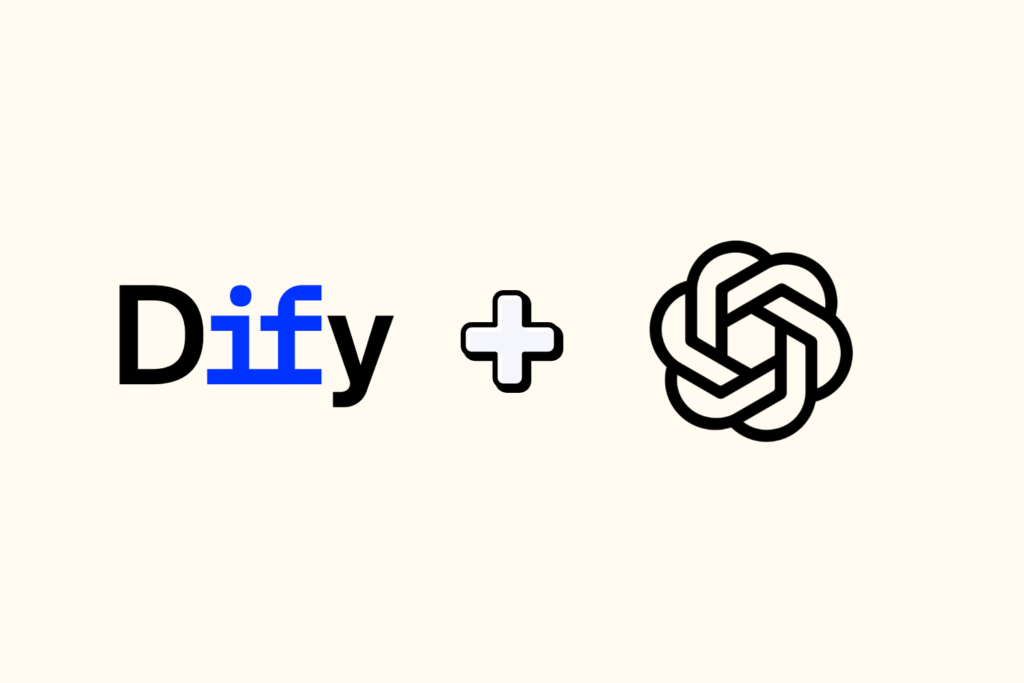
Read also: FlutterFlow Course for Educational Apps
Automation of pedagogical tasks: more time to teach
Tasks such as providing feedback, organizing data, sending notifications, and even correcting tests can be automated. This allows teachers to focus on human interactions, creativity, and close monitoring of students.
Solutions like Make Course (Integromat) and Xano Course can be integrated with teaching platforms to facilitate these processes.
AI FAQs for Educators
What is the best AI for teachers?
There is no single answer, as it depends on the objective. For content creation, ChatGPT and Eduaide.Ai stand out. For lesson planning, Curipod offers a ready-made structure.
For assessment, Gradescope and MagicSchool.ai are good choices. The ideal is to combine tools according to the pedagogical need.
What are the types of AI used in education?
The main types are:
- Generative AI (such as ChatGPT and Dify), used to create texts, activities and even videos;
- Analytical AI, which interprets student performance and behavior data;
- Autonomous agents, who perform educational tasks without constant supervision, such as correcting tests or sending feedback.
What is the best AI website for teachers?
Platforms such as MagicSchool.ai, Eduaide.Ai and Canva Magic Write offer robust solutions for teachers. In the Brazilian ecosystem, No Code Start Up stands out with practical training focused on AI applied to education.
How can AI help teachers?
It helps by automating repetitive tasks, creating personalized content, offering real-time data analysis, and enabling more efficient classroom management. This frees up time and significantly improves the quality of teaching.
AI for Educators is a One-Way Road – And You Need to Be Prepared
AI in education is more than a trend — it’s a transformative reality. Educators who learn to integrate these technologies into their daily lives save time, increase the impact of their work, and improve the quality of teaching.

